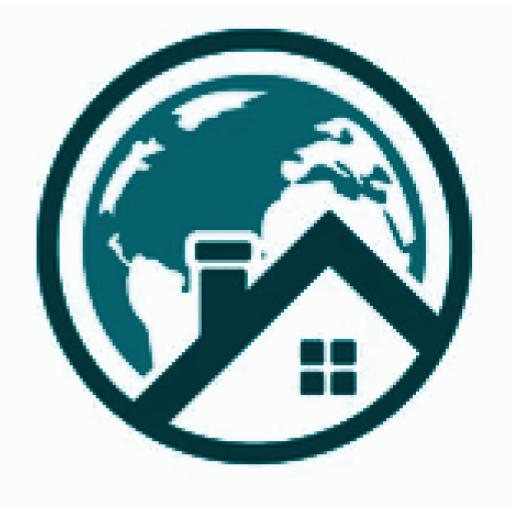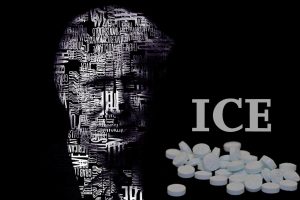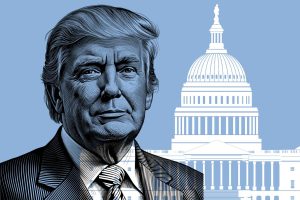From fake COVID-19 tests to hazardous erectile dysfunction tablets, the 94-country Operation Pangea XV targeted illicit pharmaceuticals and medical products traded online. Every day, advertisements for medicines invade the Internet, posted on social media networks or other websites. However, behind this slick marketing often lies fraudulent products that threaten consumers’ health instead of healing them.
The global trade in illicit pharmaceuticals is a vast and lucrative crime area – valued at USD 4.4 billion – which attracts the involvement of organised crime groups around the world.
Over just one week (23-30 June), 94 INTERPOL member countries representing every continent launched a coordinated crackdown on illicit online pharmacies in Operation Pangea XV.
Globally, law enforcement made more than 7,800 seizures of illicit and misbranded medicines and healthcare products, totalling more than 3 million individual units.
During the week, law enforcement:
- Investigated more than 4,000 web links, mainly from social media platforms and messaging apps
- Shut down or remove more than 4,000 web links containing adverts for illicit products
- Inspected nearly 3,000 packages and 280 postal hubs at airports, borders and mail distribution or cargo mail centres
- Opened more than 600 new investigations and issued more than 200 search warrants
While results are still coming in from countries, enforcement actions have already disrupted the activities of at least 36 organised crime groups.
“Selling counterfeit or illicit medicines online may seem like a low-level offence, but the consequences for victims are potentially life-threatening,” said INTERPOL Secretary General Jürgen Stock.
“The illicit supply chains and business models behind the counterfeit medicine trade are inherently international, meaning that law enforcement has to work together across borders in order to effectively protect consumers.”
Cross-border crimes
Nearly half (48 per cent) of the packages inspected by law enforcement during the operation were found to contain either illicit or falsified medicines.
Counterfeit or unauthorised erectile dysfunction medicines comprised roughly 40 per cent of all products seized. Law enforcement in Australia, Argentina, Malaysia and the United States also seized more than 317,000 unauthorised COVID-19 test kits. The US seizures alone are estimated to be worth nearly USD 3 million.
The global trade in illicit pharmaceuticals is a vast and lucrative crime area
Illicit health products seized in Estonia
Illicit medical products seized in Costa Rica
Fraudulent products can threaten consumers’ health instead of healing them
Illicit medical products seized by law enforcement in Chile
Illicit health products seized in Botswana
Illicit medical products seized by law enforcement in Italy
Illicit health products identified by law enforcement in Iran
Criminals will stop at nothing to make a profit, including selling counterfeit pharmaceuticals and medical devices despite the dangers they cause
Criminals have sought to cash in on the COVID-19 pandemic, selling illicit or fraudulent masks
Fake erectile dysfunction tablets seized by law enforcement in Switzerland
Globally, law enforcement undertook more than 7,800 seizures of illicit and falsified medicines
Illicit medical products uncovered by law enforcement in Panama
The United States seized more than 317,000 unauthorised COVID-19 test kits, worth nearly USD 3 million
The trade-in illicit medicines extends far beyond any one country’s borders and is a significant global threat. Often, products are manufactured in one country and shipped to another, while advertisements for the medicines are hosted on websites based in many different countries.
In Malaysia alone, law enforcement identified more than 2,000 websites selling or advertising counterfeit or illegally-obtained pharmaceuticals.
Social media networks and messaging apps are also used for advertising counterfeit and illicit medicines, with Operation Pangea XV identifying more than 1,200 such ads across all major platforms.
“Two decades worth of experience has shown criminals will stop at nothing to make a profit, including selling counterfeit pharmaceuticals and medical devices despite dangers they cause,” said Jim Mancuso, Director of the National Intellectual Property Rights Coordination Center in the United States.
“The US is committed to working closely with our international law enforcement partners and the private sector to keep counterfeit pharmaceuticals and medical devices out of the global supply chain, as well as taking down transnational criminal organizations who profit from these scams. The results of Operation Pangea XV are a warning to transnational criminal organizations that law enforcement agencies around the world will do whatever it takes to protect public health and safety,” Mr Mancuso added.
Within the framework of Operation Pangea XV, INTERPOL was supported by Europol, the UNODC-WCO Container Control Programme, health regulatory agencies and the Pharmaceutical Security Institute.
INTERPOL’s Illicit Goods and Global Health Programme works with partners to dismantle criminal networks and reduce the risk that fake and illicit pharmaceuticals pose to public health. Learn more about our vital work to keep people safe on our website at the links below.
Source: INTERPOL








